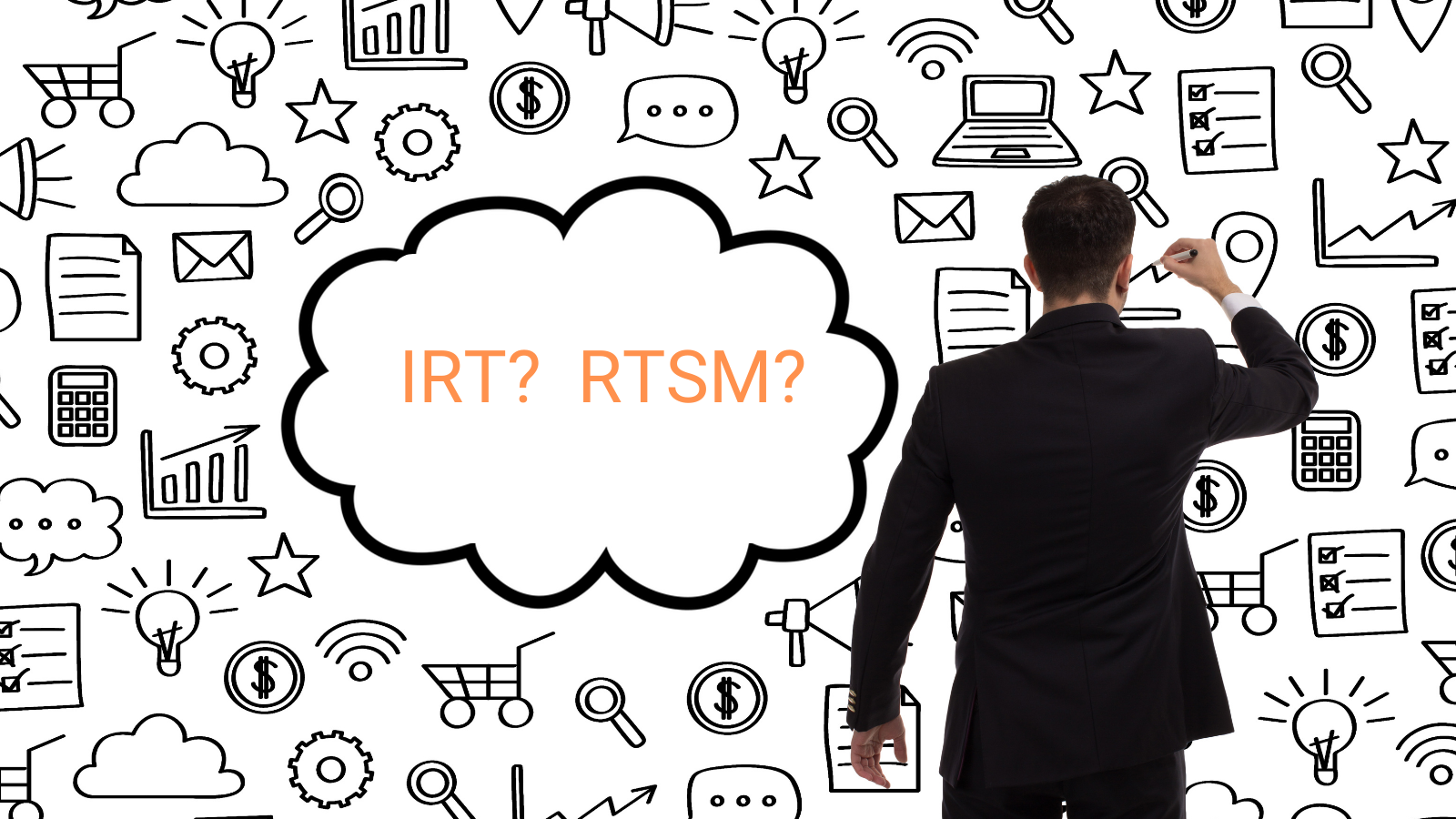The Clinical Trials industry has seen its share of changes over the past 20 years (like many industries). In case you are keeping score, or trying to keep score, this blog should clarify things a bit.
- IVR or IVRS (Interactive Voice Response System) is a tool used in the 1990s/early 2000s to call into a system to randomize a subject and receive a kit assignment (or another named unit, i.e. vial, bottle, capsules, etc.) for the subject. For example, callers would be prompted to ‘’press 1 to screen a subject, press 2 to randomize a subject’’
- IWR or IWRS (Interactive Web Response System) is the web equivalent of the IVRS that emerged in the 2000s as internet services became more robust. Users log into a URL and receive the same prompts on screen as they would on the phone and be taken through a series of different screens to randomize a subject and receive a kit assignment.
- IXRS (Interactive Voice/Web Response System) is a tool and term used to do either phone or web-based transactions, the X is replaced with the modality being used (V for voice, W for Web)
- IRT (Interactive Response Technology) is an alternative acronym used to describe all of the above
- RTSM (Randomization and Trial Supply Management) is the latest acronym for the IRT mentioned above. It describes the two core purposes of the system: to manage randomization and trial supply management.
RTSM systems have come a long way from the original IVR systems. The ability to randomize and manage supply remains fundamental, but the interfaces to perform these transactions are now significantly more modern. Also, as studies become more complex it is more important than ever for teams to have flexibility to design the study they want and not be restricted by their RTSM.
Example RTSM functions:
- Screening/Rescreening
- Run-In
- Screen Failing
- Multiple randomization schema options
- Simple
- Stratified
- Blocked
- Dynamic/minimization methods
- Adaptive Randomizations
- Cohort Management
- Platform Study management
- Drug/dose calculations including complex titrations
- Replacement subjects
- Manage multiple patient schedules
- Predictive Clinical Trial Material Resupply
- Integration to EDCs and clinical operations tools
- Integration to Supply Depot
- Standard and Customized Reporting
The Veeva RTSM solution is modular, quick to configure, and captures all of the RTSM capabilities listed above and more.
Contact us for more information about what our RTSM system can do for your study

